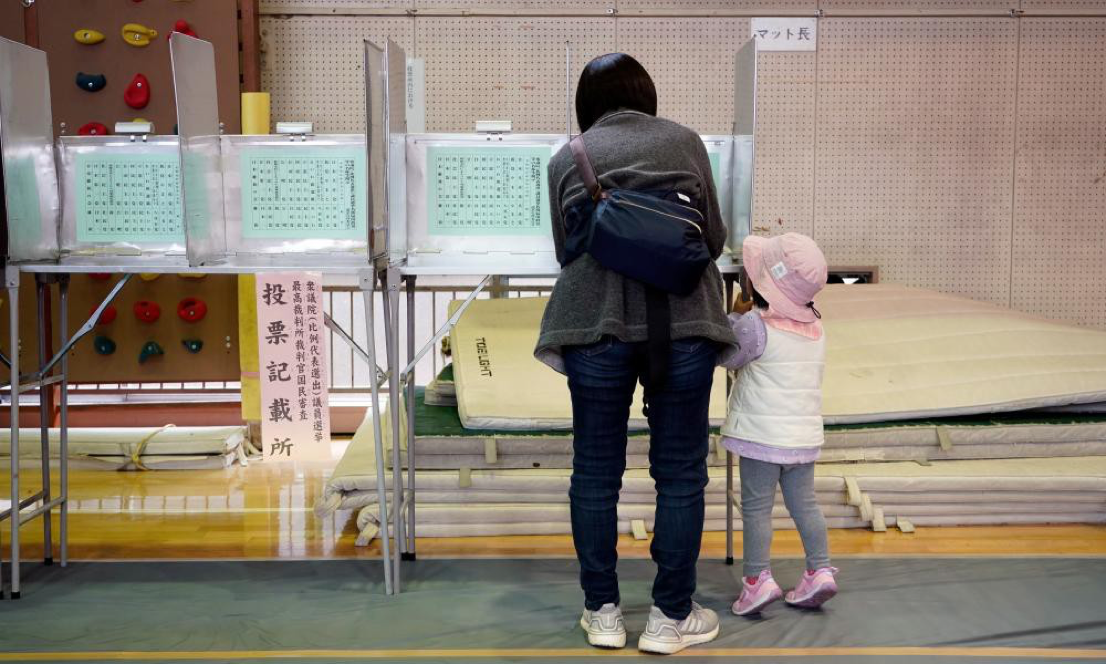Automatic addition of ex-husband as father on document within 300 days of divorce to be scrapped
Japan is set to reform a 19th century law that automatically registers a woman’s ex-husband as the father of a child born within 300 days of their divorce.
A government panel this week recommended amending the rule, along with another clause in the law that prevents women from remarrying for 100 days after a divorce on the grounds that the paternity of a child born soon after would be unclear.
However, the proposed change would apply only to women who remarried. A baby born to a woman who remained single after the divorce would still be assumed under the law to be the child of her ex-husband.
Because children born within the 300-day window are classified as being the offspring of a former husband, some women do not register the birth of their child on the family register, or koseki.
Women who leave abusive husbands are more likely to want to avoid the child being registered as the offspring of the abuser.
The koseki system has roots that date back to the 6th century and not being registered in effect leaves people without nationality and makes it difficult to establish their identity for a range of official processes, including taxation and benefits.
There are known to be at least 800 unregistered people in Japan, though the true figure is likely to be higher.
The panel has also recommended allowing mothers and children to challenge paternity claims; at present only fathers can do so.
Under the existing law, a baby born at least 200 days after marriage is assumed to be the child of a woman’s current husband.
The rules are part of the Civil Code, a comprehensive body of laws passed in 1896, a few decades after the Meiji Restoration. Japan had recently ended centuries of semi-isolation, was rushing to adapt western technology, laws and customs, and was keen to present itself to the world as modern nation.
No changes have been made to the paternity laws of the Civil Code in the more than 120 years since, despite the advances in DNA that have allowed paternity to be reliably established.
The UN’s Committee on the Elimination of Discrimination against Women has repeatedly criticised the Japanese paternity law.
Similar laws in Spain were repealed in 1981 and in South Korea in 2005.




